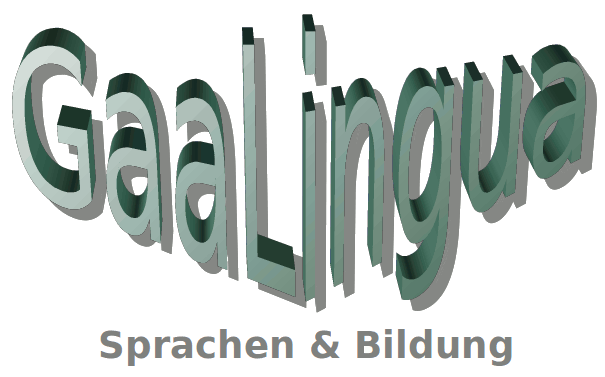How many words should one roughly know to truly master level A1, according to the CEFR?
The question is not so easy or straightforward to answer.
It partly depends on the language in question and partly on what is considered a word, and whether a clear distinction is made between a word and a vocabulary item in this context.
For example:
In the German language, "Mann" is clearly a word. At the same time, it is a vocabulary item. However, "zur Schule gehen" or "am Kurs teilnehmen" are not (single) words but rather vocabulary phrases.
Vocabulary items can thus include word combinations, phrases, or short sentences, not just individual words.
Many discussions and definitions on this topic do not always make this distinction clearly.
Interestingly:
While the German word "Zahnbürste" is clearly a (single) word, the Polish translation "szczoteczka do zębów" consists of three words: "(little) brush to (the) teeth" → "(little) brush for (the) teeth". In the German case, it is both a word and a vocabulary item; in the Polish case, it is not a single word but a term and a vocabulary item.
The estimates for the vocabulary needed for A1 level generally vary between 500 and 1000 words or vocabulary items, and for the German language, between 600 and 1200 words.
Based on my teaching experience, I would realistically estimate around 600 to 1000 vocabulary items in general, and for German around 800 to 1200 vocabulary items.
It also depends a bit on the textbook, teaching method, learner type, and many other factors.
Other factors include: How well does one command the learnt vocabulary actively and passively, and how quickly, effectively, and flexibly can one access it when needed? In doubt, someone with a smaller but excellently mastered vocabulary and intensive foreign language application has an advantage over someone with a larger vocabulary but less mastery or less frequent use of the language.
Grammar knowledge also plays a role: Someone whose vocabulary is slightly smaller but who has perfect grammar can somewhat compensate for the "vocabulary disadvantage" through grammar (and vice versa).
Here you will find some useful vocabulary collections for German A1. Most of these are currently available free of charge:
• GOETHE-ZERTIFIKAT A1 START DEUTSCH 1 WORTLISTE on goethe.de
• Goethe Institute A1 Wordlist on Ankipro.net
• FULL A1 GERMAN VOCABULARY (COMPLETED) from Learn German - LOS! Sprachschule
• Vocabulary List. General and Topic Areas 1 to 5 on ocr.org.uk
